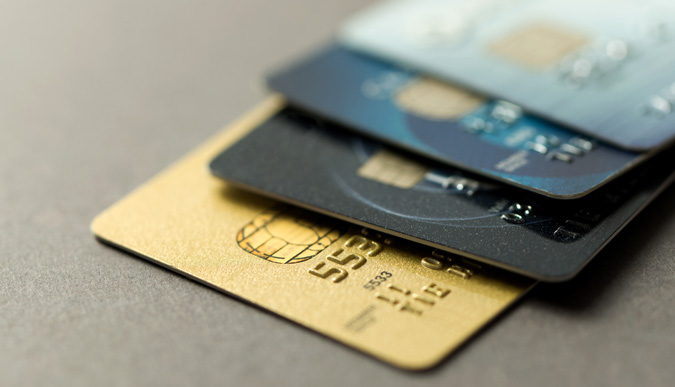When your bank closes your account, it can be one of the most frustrating situations. It's critical to understand that just as you have a choice in which bank you work with, your bank also has a choice whether or not to work with you.
A bank may close your account if you are a poor customer and your account becomes delinquent, despite laws prohibiting banks from doing so based on factors like race.
Typically, the bank should have notified you about the problems before your account has been negative for a predetermined number of days.
How Do I Proceed If My Bank Closes My Account?
You need to take immediate action as soon as you learn that your bank has closed your account in order to keep being able to pay your bills and manage your money. If you don't, your paycheck might be deposited in the bank, but you won't be able to get your hands on the money. Given that you still owe the money, the bank may keep the funds in order to help offset your negative balance.
Stop your employer's direct deposit to your bank. Any money you currently owe in overdraft fees and charges can be held by the bank, but you might need it to pay your rent and other bills. To arrange for payment by check or to have the funds deposited into another bank account, if you have one, get in touch with your human resources department right away.
Stop making any recurring withdrawals from your account. By doing this, you can avoid paying overdraft fees, though you might have to put some services on hold as you work to resolve your financial situation.
Speak with your bank to learn the precise reason why it closed your account and how much you owe in overdraft fees and charges. Any debt you have will be reported to ChexSystems by your bank. Other banks might refuse to open an account for you if you have a bad ChexSystems report. Try to establish a payment schedule so that you can settle your debt.
If you can, open a new bank account at a different institution you can.
If you can bring in written confirmation from your previous bank that you have established a payment plan, the bank might be willing to work with you. You won't have a debit card or checks to pay your bills because this is frequently a savings account rather than a checking account.
How Can I Prevent My Bank From Closing My Account?
Avoiding a negative balance is the best way to keep your account open. Even if your account offers overdraft services, you will pay a lot in overdraft fees, and you risk getting caught in an overdraft cycle where a growing portion of your income is diverted to cover the overdraft fees.
You can avoid getting into this situation by keeping track of your account's balance and only using funds that are available in the account.
You must stop the overdraft cycle if it has already begun. You can achieve this by reducing your spending and possibly negotiating a repayment schedule with your bank so that you can still afford to buy groceries and pay your rent during the week. In order to get out of being overdrawn, you might want to think about selling something or taking on more work. You must take the initiative until the problem is resolved.
If you haven't done so already, create a basic budget and start using all of your extra funds to pay your bills and catch up with the bank. This could entail cutting back on luxury purchases and terminating things like your cable subscription and gym membership.
When you are on a strict spending plan, you should be able to pay your bills on time and start making plans for upcoming expenses to prevent overdrawing your account.
Not Having a Bank Account
Finding a bank or credit union that will work with you again after having your account closed will be challenging. For a few months, you will have to get used to living without a bank account. Many of your bills can be paid with money orders, or you might try using a prepaid credit card to get by.
If your job only pays you by direct deposit, it may be awkward to discuss the situation with your employer, but you will need to come up with another payment option. Until you can open a checking account once more, some banks might be willing to open a savings account with direct deposit for you.
Questions and Answers (FAQs)
How can I tell if my bank account has been closed?
Your bank will probably send you a letter or email if your account is inactive or has a negative balance, but it is legal for a bank to close your account without giving you any prior notice.
To keep track of the status of your accounts, you should check them online.
Can I request that the bank reopen my account?
You have two options if you believe your account was improperly closed: you can complain directly to the bank or to the Customer Assistance Group of the Office of the Comptroller of the Currency.
If a bank closes my account, will that affect my credit score?
Data about bank accounts is not factored into your credit score by the three main credit bureaus, Experian, Equifax, and TransUnion. However, organizations that report on checking accounts, like ChexSystems or Early Warning Services, may compile data on any closed accounts. You might find it challenging to open a new account as a result.


